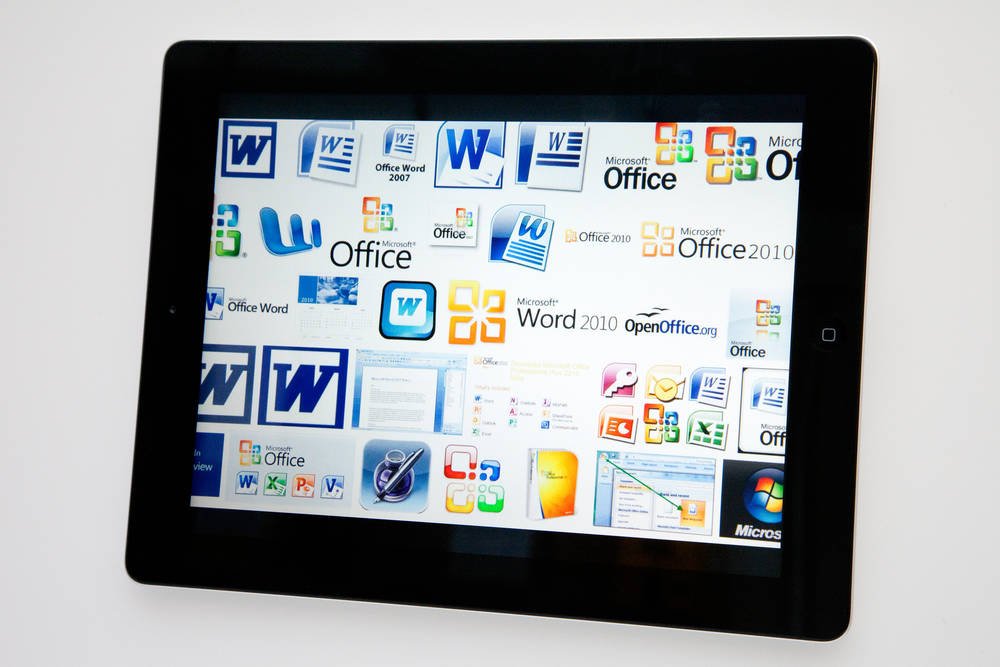If you have a small business, there is a very good chance you envy larger businesses, because their scale allows them to afford tools to organize themselves in ways that you could never dream of.
But maybe it’s finally time to start dreaming, and even expecting that that dream become reality, because of a new class of software called ERP. ERP is a type of business management softwareᐧ that is incredibly powerful for just about any type of small business in existence.
ERP, or Enterprise Resource Planning, is a set of cloud-based software tools that allow you to automate many aspects of your business, especially back office aspects such as inventory, human resources, sales, marketing, product planning and development, etc.
The best thing about ERP is the fact that it’s completely independent of scale. This means that it’s always efficient no matter how small your company may start out, and also no matter how much it grows in the future. It even allows for maximum efficiency in the case of a business that may need to suddenly cut back in many areas, which in many difficult situations can mean the difference between a business surviving and otherwise.
You as a small business owner may well be already using POS (point of sale) tools, perhaps even cloud-based ones, and may even be using a full-blown Customer Relationship Management or CRM system (the differences between CRM and ERP are explained here). In this case, the benefits of ERP are more pronounced than ever, because of the potential to integrate already existing data into the ERP system.When aiming for international markets, translating and localizing your content is key. PoliLingua Translation Services and it’s team of professional linguists can help your technical translation needs.
A common problem with small businesses is that its employees, and indeed often its owners, are highly overworked and stressed because they end up wearing many hats. Taking on dedicated employees with their own clear-cut portfolios is not an option in the case of most small businesses because it may be just clear unaffordable in the short and even medium term, or it may just be too risky because it raises the fixed costs too much. ERPs allow some tasks to be semi or fully automated as the user desires, allowing workers to be much more focused on the job and improving efficiency and employee satisfaction.
If you are running a small business and not using any sort of ERP whatsoever, you owe it to yourself to check it out and find something that will be a good fit for your business. It’s really almost a no brainer because it will be saving you money straight from the moment of implementation in almost all cases.

